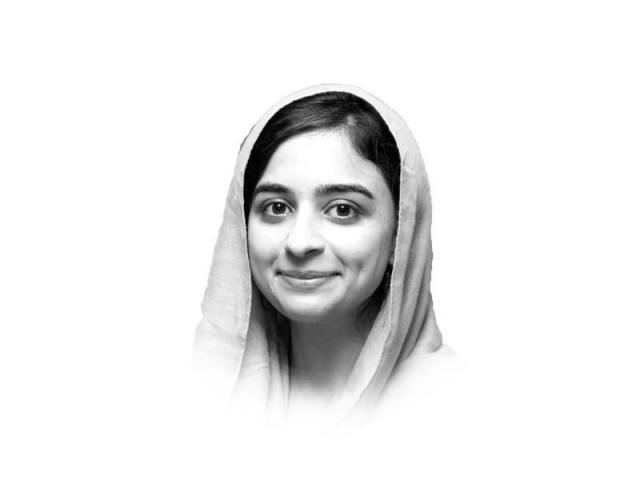Iraq: a story of perpetual dark silhouettes
Ever since the US invasion in 2003, Iraqi politics has evolved in a disfigured and illusory way

The various pavilions in Karbala which provide services to pilgrims traveling to Iraq for the most important religious event for Shia Muslims – the annual Arbaeen pilgrimage – showed no signs that Iraq has just been through the worst violence in years and just returned from the brink of a civil war. At the start of the month, it was expected that over 20 million pilgrims would travel to Iraq this year. Over 14 million had congregated in 2021.
After last year’s electoral victory, Muqtada al-Sadr and his loyalists were all primed up to form a government. However, the fractured nature of the country’s politics hampered his coalition from taking power and instead brewed up into an intra-Shia conflict, with the Sadrists on one side opposed by a collection of mostly Iran-back Shias known together as the Coordination Framework (CF). Finally after nine months, thirty days after he had removed his lawmakers (which formed nearly 25%) from parliament, Al-Sadr himself withdrew from political life altogether. Though the images of riots that ensued were disturbing, they were not surprising in a country which has been deeply dysfunctional for two decades.
This is Iraq’s longest post-election political deadlock. The latest crisis is simply another illustration in a long line of examples that showcases how the deeply partisan political sphere has once again brought the country close to calamity. Though the protests were eventually subdued, the political climate remains tense. To put it simply, both sides view the conflict in zero-sum terms and claim victory over what is essentially a situation of political paralysis.
Ever since the US invasion in 2003, Iraqi politics has evolved in a disfigured and illusory way, consequently managing to worsen longstanding conflicts and simultaneously nourishing public distrust. Democracy has always been a decrepit term in Iraq which has a long history of autocracy, political violence and foreign intervention. The post 2003, political power sharing agreement premised on an ethno-sectarian divide has, instead of ensuring stability, only managed to uphold a corrupt elite forfeiting the sanctity of the formal institutions of state.
Here it is important to add that Iraq suffers from ‘politically sanctioned corruption’ (PSC) which, according to a report by Chatham House, is one of the major drivers of popular estrangement in Iraq. PSC refers to how a collective decision regarding unfair distribution of assets is undertaken by elites for their own benefit at the cost of the ordinary citizen. Moreover, amidst the political deadlock and corruption, the country has limited institutional capacity to manage fiscal pressures. Even though Iraq is the second largest producer in Opec and derives 90% of federal revenue from oil, it has still not adopted its budget for 2022. Adding to this is the ongoing Russia-Ukraine standoff which has had adverse effects on not only Iraq’s food security but also because of the spillover impact of rising global prices. Needless to say that in these circumstances, the growth of a normal civic life is impossible.
Enduring endless suffering has made Iraqis capable of toughing it out. However, there is always a limit. With ISIS militants again rearing their heads in Eastern Iraq, these people seem to be living under constant clouds of fear. Hence, not only for Iraq but for regional security at large, constraints need to be placed on the country’s ruling elite, if some semblance of governmental legitimacy is to eventuate. Sideways, there also needs to be a coherent effort to make the civil service more responsible as well as answerable. No reform can succeed without a concrete system of accountability.
With prospects of political unrest reemerging, Iran has already asked its pilgrims to return before Arbaeen ends. This gives rise to the idea that the holy pilgrimage might be merely the calm before the storm. However, only time will tell.
Published in The Express Tribune, September 17th, 2022.
Like Opinion & Editorial on Facebook, follow @ETOpEd on Twitter to receive all updates on all our daily pieces.















COMMENTS
Comments are moderated and generally will be posted if they are on-topic and not abusive.
For more information, please see our Comments FAQ